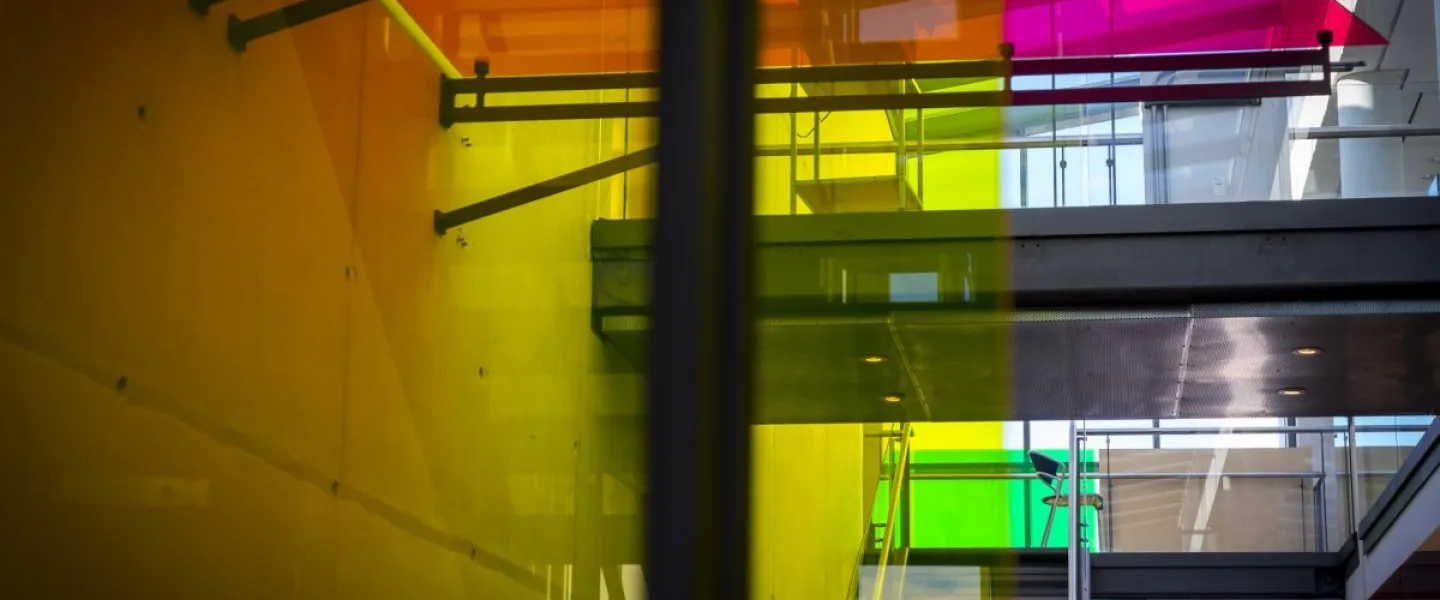
"The project focuses on changing students' attitudes and encouraging them to take radical action against the climate change crisis in their own communities whilst networking with other schools abroad. This gives students the opportunity for a joint effort worldwide in the field of climate change," say Rannveig Björk Þorkelsdóttir, associate professor and Jóna Guðrún Jónsdóttir, adjunct lecturer; both at the University of Iceland. Rannveig Björk and Jóna Guðrún lead, on behalf of the University, an international study on environmental awareness that recently received almost 50 million ikr from the Erasmus+ programme of the European Union.
The study is designed to support both teachers and students in elementary and upper secondary schools in the fight against current challenges due to climate changes. "The aim of the ActGreenStory (AGS) research is to develop course material where digital stories are used to spark students' interest in climate change. This requires knowledge acquisition; from raising awareness on environmental issues among the students to real action. This is done to encourage tackling and solving current social challenges, stimulate critical thinking, creativity and increase competences in digital processing," explains Rannveig. Stories affiliated with the project will be created and distributed to interested parties in the European green community in order to enforce further action in climate issues.
Developing method in line with the times
Creating connections between teaching staff and students in other schools and green activists is imperative in the process. The project outputs will be accessible on a communication portal according to Rannveig. "The aim is to create an online community across Europe with over a thousand teachers, students, schools, policy makers, non-governmental organizations, parents and interested parties to contribute to the creation of a campaign for climate change."
The project begins at the beginning of next year and the results should be available mid 2024. "The gain is first and foremost in supporting teachers to develop new teaching methods in line with the times. Teachers will thus be more skilled in adopting diverse innovative methods in their work, such as problem-based learning, student participation, digital storytelling etc.," says Jóna Guðrún and adds that increased consciousness on environmental issues is one of the key challenges for the education system in coming years.